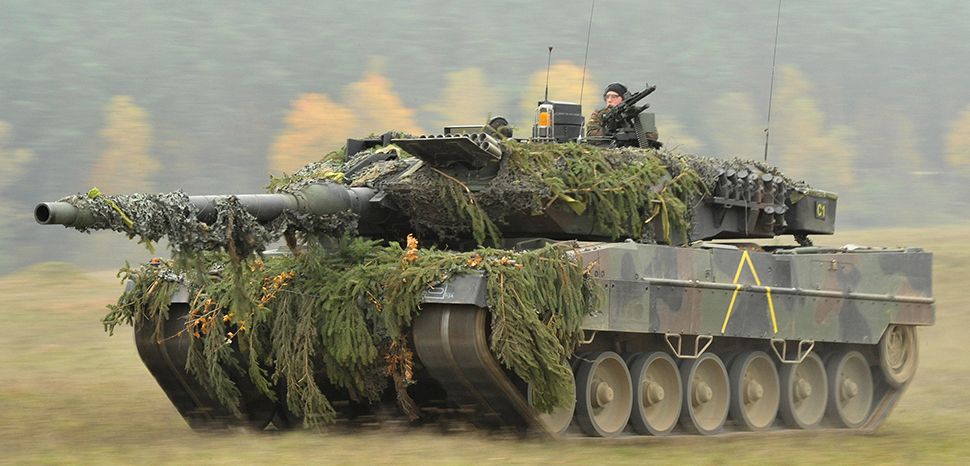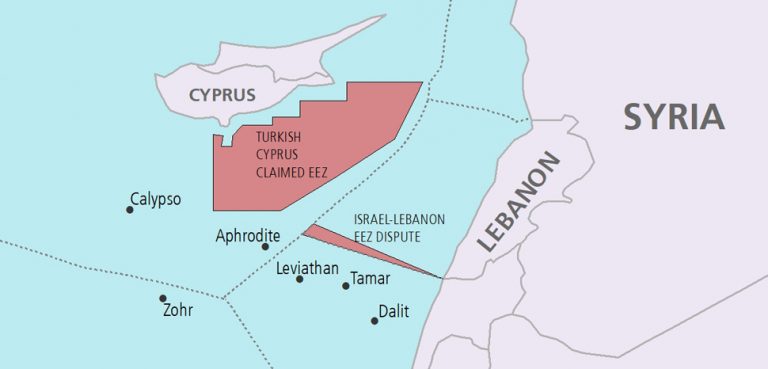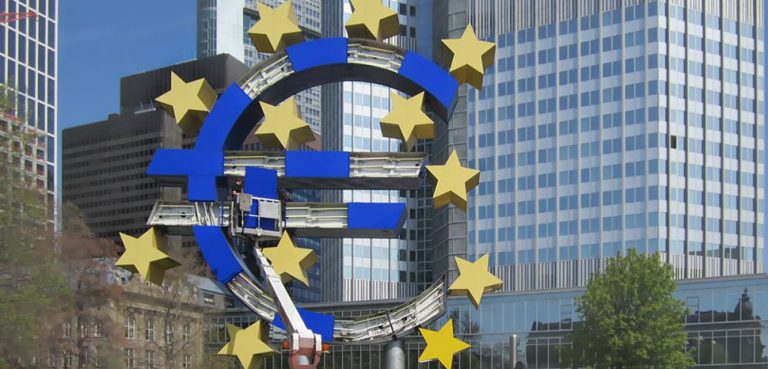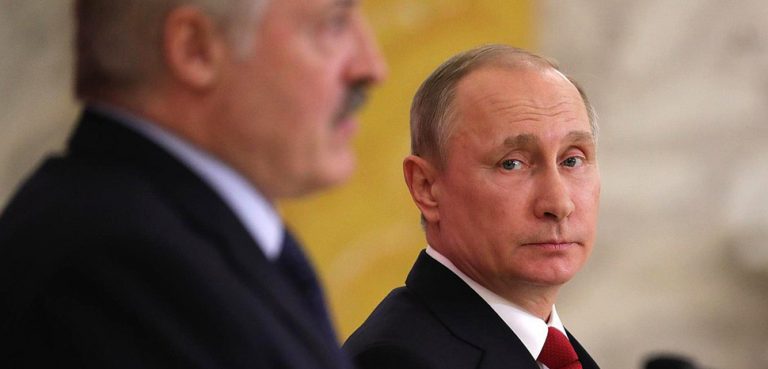In spite of its relatively small size, Qatar has emerged as a potent force on the global stage. Boasting significant gas resources and a proficiency in effective influence, the nation assumes a pivotal role as a de facto mediator in the ongoing Gaza crisis. Historical disagreements with neighboring countries have intensified Qatar’s focus on bolstering its military capabilities. In this pursuit, the country is strategically diversifying its arsenal, notably through burgeoning ties with Germany, signaling a fresh chapter in its defense strategy that hinges on German cooperation.
Rearmament has been an essential element of Qatar’s efforts to consecrate its position as a powerful region player. The country finds itself in a volatile geopolitical climate. Victim of a four-year comprehensive air, land and sea blockade by neighboring countries the UAE, Saudi Arabia, and Bahrain for what was believed to be reckless ambitions on the international stage and its perceived support for Islamist groups committed to regional destabilization, the country has since been keen to avoid any rise in tensions. Bolstering its defense capabilities through international procurement processes, exerting influence on Western nations, and reconciling with regional actors have therefore become major objectives of Qatari foreign policy.
Qatari geopolitical ambition has led it to position itself as a mediating influence in the context of the Israel-Hamas conflict, even housing the Hamas leadership to the chagrin of some of its Western partners (notably Germany) and use its vast gas resources to establish itself as a reliable alternative to Russia. Its heightened need for armaments must be understood in this context.
In 2024, Qatari military capabilities will be at an apex, and will undoubtedly expand exponentially over the rest of the decade. Its air force will have 94 aircraft by the end of the year, the procurement process for which involved a diversification of partners; the Qatari air force employs French-made Rafales, Eurofighter Typhoons, US-made F15Es, and UK-made BAE Hawk training aircraft, among others. Its navy will soon boast 4 corvettes, two off-shore patrol vessels and a Landing Platform Dock (LPD) built by Italian firm Fincantieri, as well as French-made anti-drone jamming systems.
Qatar has therefore managed to preserve a certain freedom of choice and wiggle room in the case of defective equipment or unreliable partners by diversifying its procurement. For its Land Army, on the other hand, it has depended almost exclusively on German imports, since it became the first buyer of the state-of-the-art Leopard 2A7 battle tank back in 2013, in a deal worth a total of €1.89 billion with Krauss-Maffei Wegmann, also including Pzh 2000 howitzers. Qatar is now one of the most well-equipped military forces in the Middle East, with an arsenal that includes a wide range of German products: Pzh 2000, Dingo, Fennek, which in turn leaves it with its hands somewhat tied.
Over the last year or so, Qatari commercial relations with Germany have come under strain for a number of different socio-economic and geopolitical factors. Germany’s often ambiguous approach to arms exports is a key factor. The Traffic Light Coalition had initially aimed to curb arms exports and enact a control law during its pre-agreement negotiations, prompted by the SPD and Greens. However, the situation changed with the war in Ukraine, leading to a turnaround in arms policy. Chancellor Olaf Scholz (SPD) revoked the self-imposed ban on arms deliveries to an ongoing war in his “Turning Point” (Zeitenwende) speech on February 27, 2022. There followed a drastic increase in arms exports, mainly to Ukraine, but also to countries Germany’s post-Wiedervereinigung foreign policy would traditionally deem undesirable on moral grounds, ie. Qatar and Saudi Arabia.
Germany’s refusal to allow Taurus missiles to be sent to Ukraine seems to have complicated matters, along with growing voices in the Bundestag that are calling for Germany to cease dealings with foreign nations with questionable human rights records, all the more so since Qatar has been harboring the Hamas leadership. “The barbaric attack by the terrorist Hamas shows how important it is to combat the financing of terrorism,” said Michael Kruse, FDP energy spokesperson and member of the coalition. “If Hamas has received financial and non-material support from Qatar for years, Germany cannot buy billions of cubic meters of gas as a thank you.”
Martin Schirdewan, chairman of the Left Party, reiterated his call to terminate the gas deal. He referred to the joint resolution of the traffic light factions with the Union, which was passed in the Bundestag. In it, there was a demand to “resolutely oppose all states that financially, materially, or ideologically support terrorist organizations.” This contradicts the fact that the federal government is “continuing to court one of the biggest supporters of Hamas, the Emirate of Qatar, at the same time,” he added.
Moreover, some are calling for greater control over arms exports by defining a general European export doctrine that could render informal agreements obsolete. This has taken the form of the Arms Export Control Act (REKG), which intends to bind human rights compliance for arms export partners into German law. “A restrictive practice on the export of military equipment will thus become law, as will the strengthening of European cooperation in the field of defense. A restrictive arms export policy is an integral part of our foreign policy and corresponds to our security interests. The closer other countries are to this value base, the more arms exports are possible and legitimate. Our arms export decisions must correspond to the reliability of the recipient states in matters of human rights, the rule of law and democracy,” explains Sven Giegold, member of Alliance 90/The Greens and State Secretary in the Federal Ministry for Economic Affairs and Climate Action, who has been personally involved not only in overseeing German arms exports, but in drafting the new legislation.
This movement, which seems unstoppable, is under heavy political scrutiny from part of the political class. Given the surge in arms exports, Green Party leader Omid Nouripour has urged the coalition to promptly reach consensus on a control law. He views the new record as “unfortunate news, as it reflects something about the global situation.” Emphasizing the importance of advancing the agreed-upon arms export control law, he anticipates its approval in the coming year. This legislation could hinder Qatari efforts to circumvent existing German regulation by, for example, trying to obtain the Lynx armored fighting vehicle produced by Rheinmetall by passing via its Hungarian branch. A Qatari delegation, headed by Brigadier General Dr. Yusuf Ahmed al-Kayed, visited the factory last autumn.
In Qatar, the German domestic political climate presents a challenge concerning the acquisition and sustainability of programs, constraining the prospective buyer’s ability to act freely. Qatar must be unsure if Germany, amid substantial political scrutiny, will support any agreements with industrial collaborators. Moreover, the extensive maintenance difficulties associated with German equipment, including the vexing NATO maintenance delays for Leopard tanks, along with German manufacturers that have employed questionable tactics to obstruct third-party involvement in maintenance operations, exemplified by Rheinmetall’s denial of supplying FFG with diagnostic software essential for maintaining the Boxer infantry vehicle, warrant a closer examination. If such a large company is capable of coercing a co-contractor of the same nationality this way, it is unlikely to have any more scruples on the export market.
Germany’s political alliance has led to some partners being threatened with annulments of export agreements, exemplified recently by Germany’s conflict with Switzerland, who refused to allow German-manufactured ammunition to be sent to Ukraine, citing its neutrality. The Qatari Minister of Defence, Khalid bin Mohammad Al Attiyah, should exercise caution in his dealings with Germany due to these challenges. Germany’s unpredictable political stance may limit Qatari autonomy and pose uncertainties in long-term collaboration.
The views expressed in this article belong to the authors alone and do not necessarily reflect those of Geopoliticalmonitor.com.




